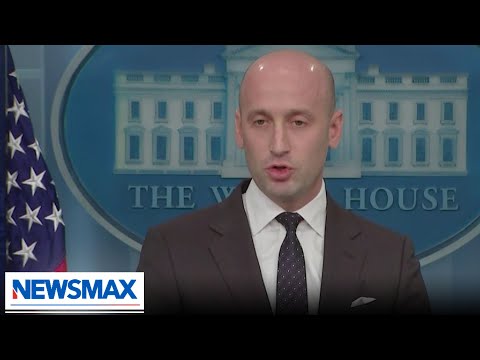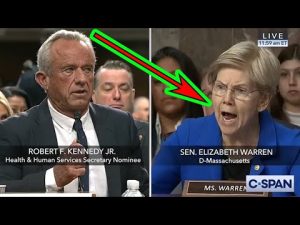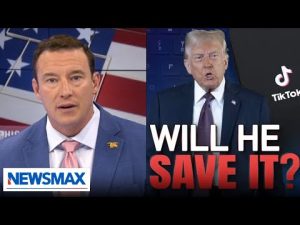In an exciting first month of presidency, the current leader has rolled out an impressive array of executive orders and policies that aim to reshape America. Measurements taken during this short span indicate the president has already signed twice as many executive orders as Joe Biden and quadruple the number signed by Barack Obama during their respective first months in office. Many believe this fast-paced approach is crucial for tackling long-standing issues that have puzzled previous administrations. The new president is taking bold steps to eliminate what they describe as “burdensome regulations,” seal the southern border, and revive the domestic energy sector.
One of the most talked-about moves is the recently passed Lincoln Riley Act, which focuses on holding illegal aliens accountable for theft and violence. The president’s team has referred to this as a significant step in addressing crime and ensuring safety across the nation. Additionally, as of now, the Senate has already confirmed 18 cabinet-level nominees, a feat that surpasses both the Obama administration’s figures from 2009 and doubles the rate set by Biden in 2021.
Behind the scenes, the wheels of diplomacy are turning as the president has welcomed numerous world leaders to the White House. These include big names like Israel’s leader and Japan’s Prime Minister, with France’s President Macron and the UK’s Prime Minister Keir Starmer scheduled for upcoming visits. Engaging with international allies is an important part of the administration’s strategy, as it demonstrates a commitment to strengthening ties and enhancing security on the global stage.
Further solidifying transparency, the president has been answering questions from the press continuously throughout the month, responding to inquiries on a variety of topics. This approach marks a notable difference from previous administrations, as the current president has taken more questions during the first few hours in office than Biden did in his entire first week. It seems that the president is determined to usher in a new, open era of communication between the government and the public.
Among the many changes, the administration has sought to reshape the public perception of various programs. By putting an end to policies involving diversity, equity, and inclusion in federal contracting, the president argues that merit-based systems ought to reign supreme. Furthermore, concerns about the participation of trans women in women’s sports have prompted action to reinforce the separation between genders, a move touted as a win for fairness in athletics.
In a burst of ambitious policy-making, the president has also declared war on government waste and fraud. An extensive audit identified many federal workers who were reportedly involved in corrupt practices, leading to a significant purge aimed at cleaning house. The projected savings from this initiative amount to a staggering $50 billion in just one year, providing a refreshing reminder that fiscal responsibility may still have a place in Washington, D.C.
The steps being taken in the realm of law enforcement and homeland security are focusing on the ongoing crisis stemming from illegal immigration and drug cartel violence. Border crossings reportedly dropped by 95% under the new leadership, and the administration has firmly resolved to treat certain Mexican cartels as foreign terrorist organizations. Such classifications will guide U.S. law enforcement’s approach to ensuring the safety and security of American citizens.
Through these bold strategies and visible zeal in efforts, the administration is setting a fast pace that may very well define how it is perceived in history. As citizens keep an eye on the unfolding developments, the hope is that the actions taken in this first month will lead to a safer, stronger America—one that embraces both its proud heritage and a prosperous future.



